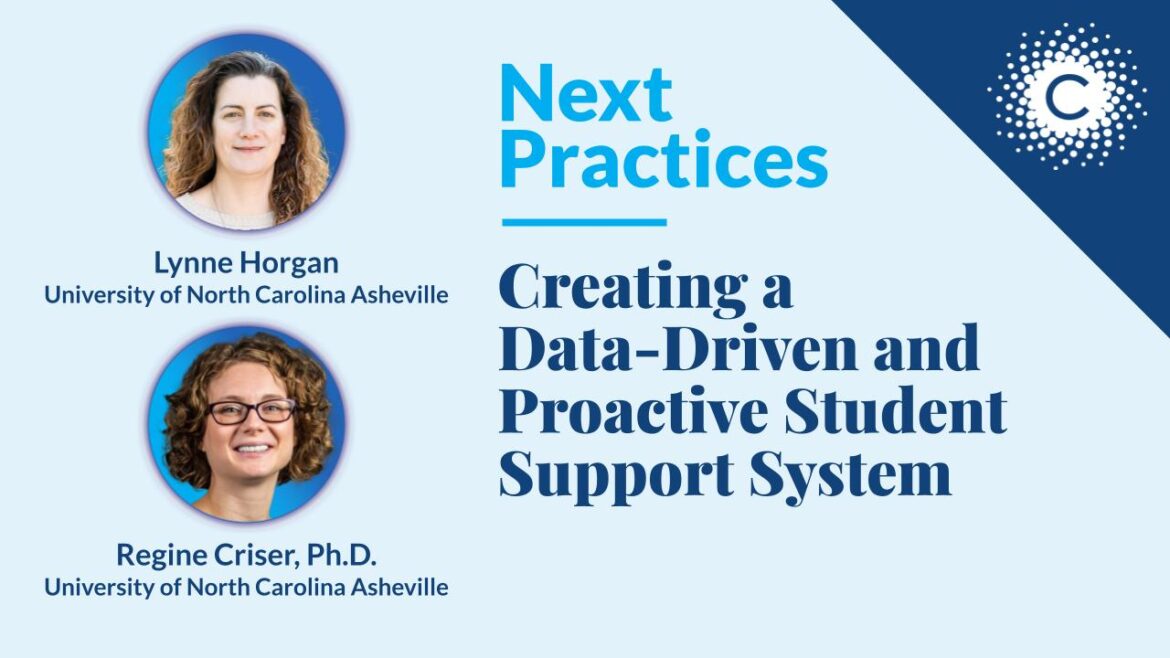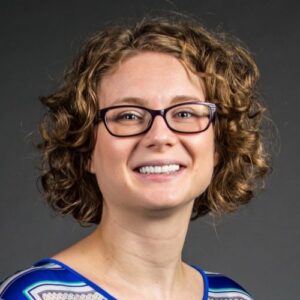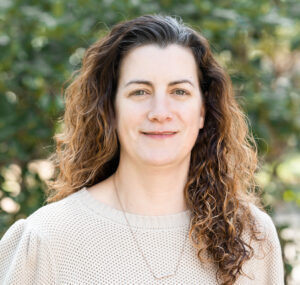
Creating a Data-Driven and Proactive Student Support System with Dr. Regine Criser and Lynne Horgan
Share this Post
Subscribe: Spotify | Apple Podcasts | Youtube Music | Full Transcript
At the University of North Carolina Asheville, a collaborative approach to student success is driving real, measurable results. In this episode of Next Practices, we’re joined by Dr. Regine Criser, Director of Student Success, and Lynne Horgan, University Registrar — two campus leaders who are breaking down silos and building proactive systems to help students thrive.
From emergency response during Hurricane Helene to long-term improvements in retention and graduation rates, Regine and Lynne share how their partnership and use of technology have strengthened the student experience at UNC Asheville. Together, they’ve connected advising, registration, and student support in ways that empower students to stay on track — and give staff the insights they need to act quickly and effectively.
Build proactive systems that weather any storm
For UNC Asheville, boosting fall-to-fall retention to 80% became even more urgent after the disruptions caused by Hurricane Helene. But thanks to the university’s proactive advising structure, integrated workflows, and strong communication strategy, students received timely support — and staff were able to stay coordinated and responsive through the crisis.
By leaning on solutions like the Civitas Learning Student Impact Platform, staff were able to send text updates in real time, communicate deadlines, and triage student needs at scale. The result? Their largest year-over-year retention increase to date.
Use data and technology to simplify the complex
As Regine and Lynne explain, the hardest part of student success isn’t the strategy — it’s navigating all the data. That’s why having one unified platform was a game changer. With Civitas Learning, they’ve been able to consolidate student information, identify at-risk students earlier, and personalize outreach with greater confidence.
The partnership between the registrar’s office and the student success center has also enabled smoother course planning, more accurate student records, and a shared understanding of student needs — especially for those juggling work and school.
Center student care in every decision
At the heart of UNC Asheville’s model is a belief that students aren’t just data points — they’re people with complex lives, aspirations, and challenges. Regine and Lynne walk us through the strategies that prioritize whole-student care, including proactive outreach, embedded student success specialists, and a shared language around student progress.
Their approach is a model for how institutions can integrate people, processes, and technology to deliver a more coordinated and human-centered student experience.
To hear how UNC Asheville is reimagining student success — and what other institutions can learn from their model — tune in to the full episode of Next Practices.

